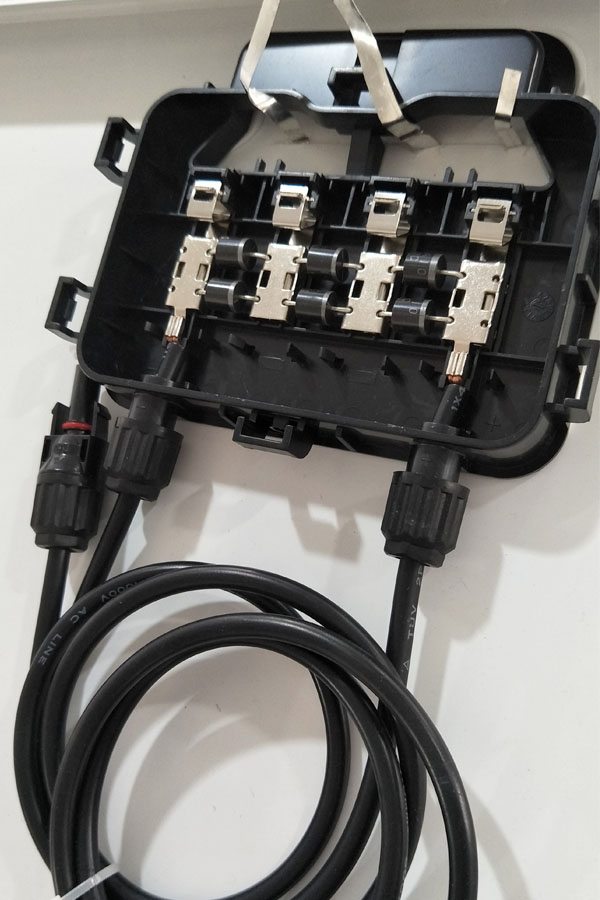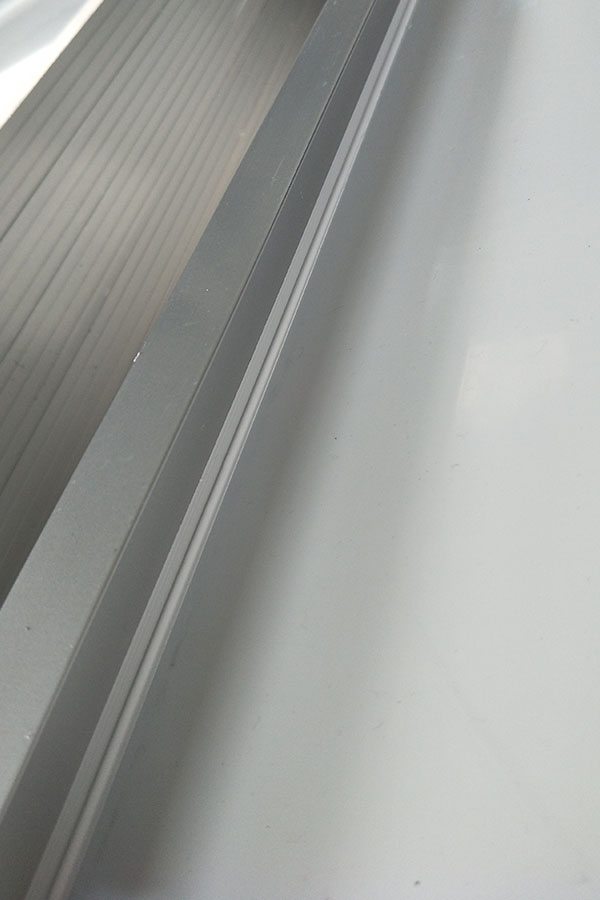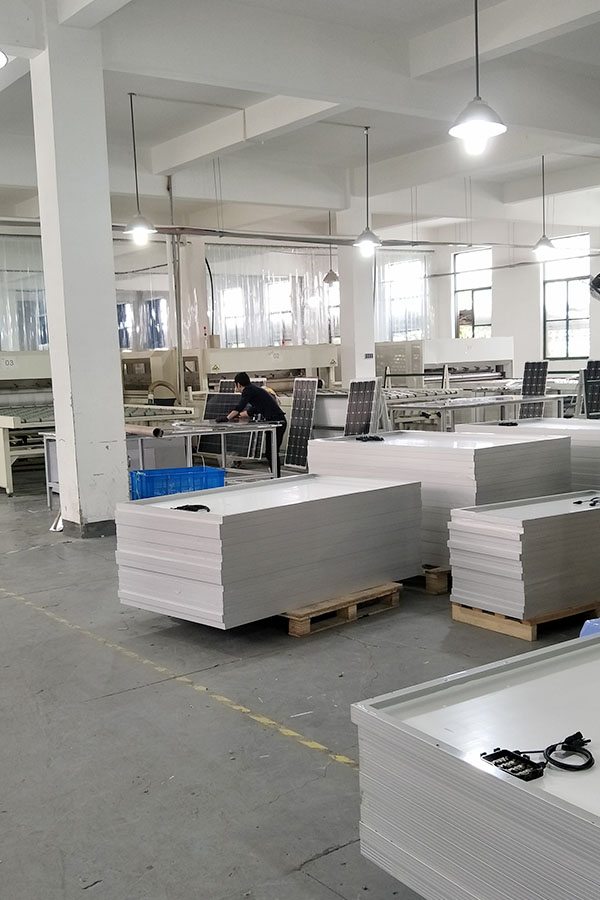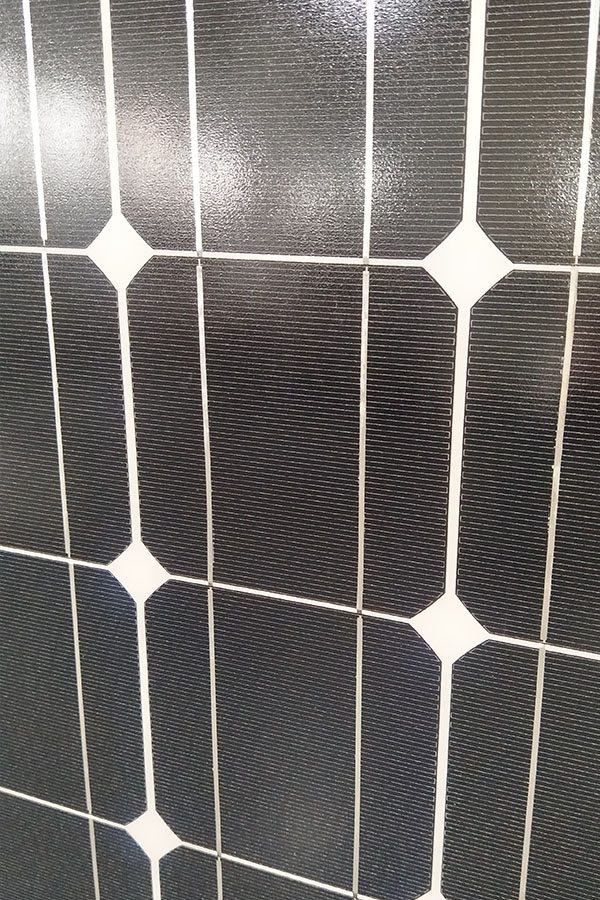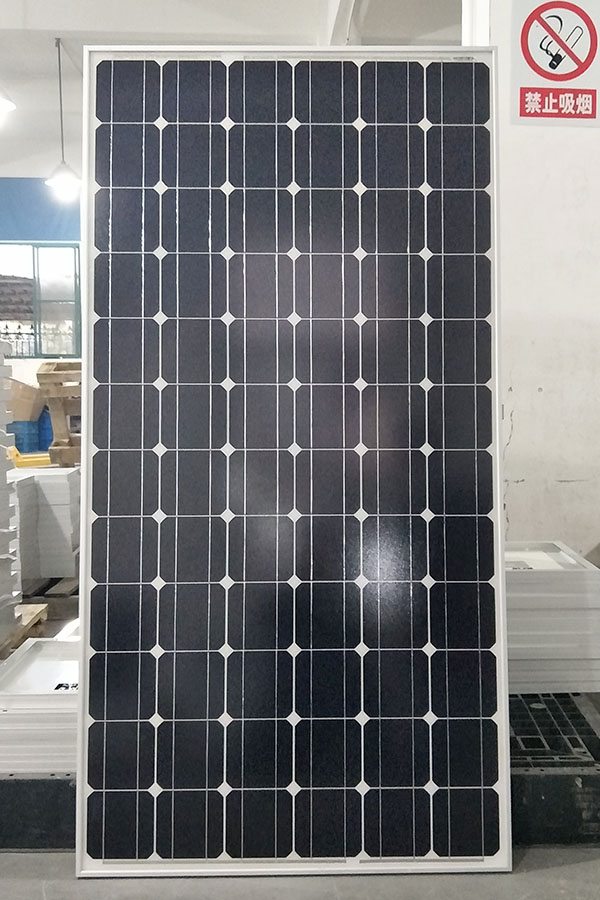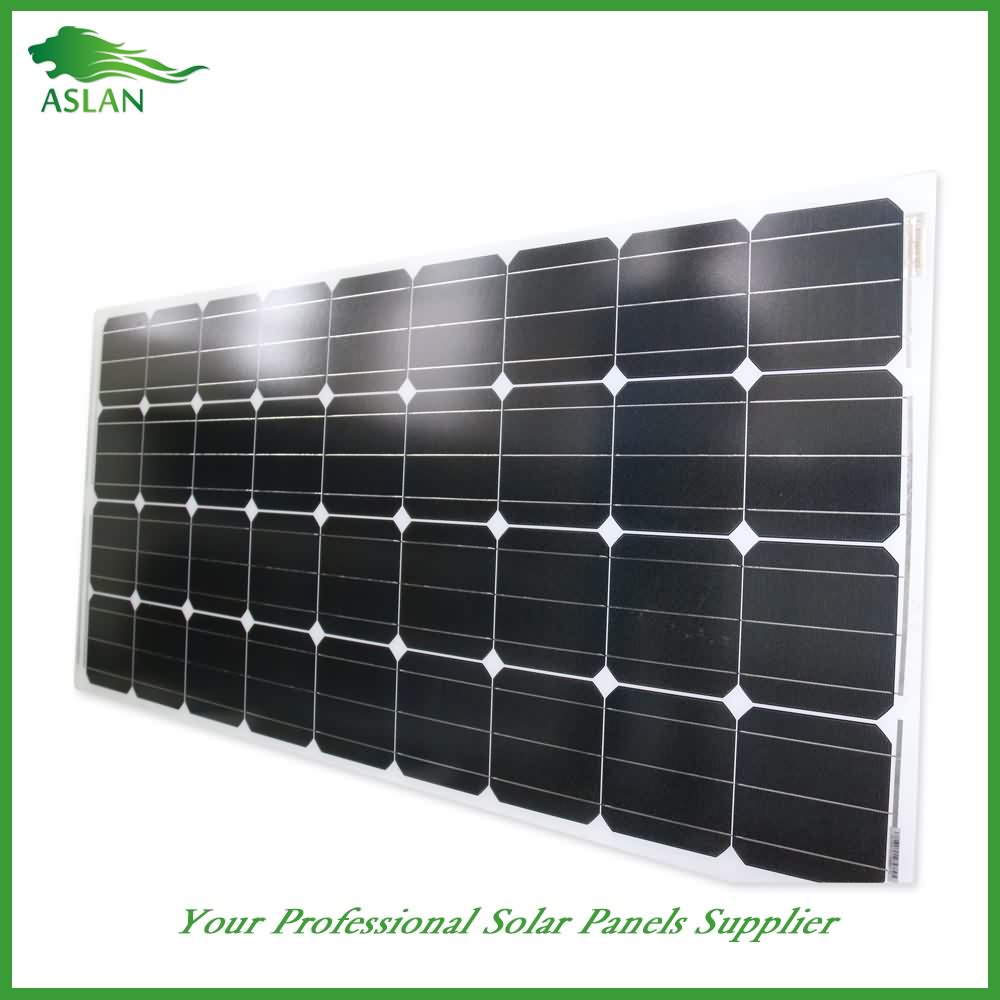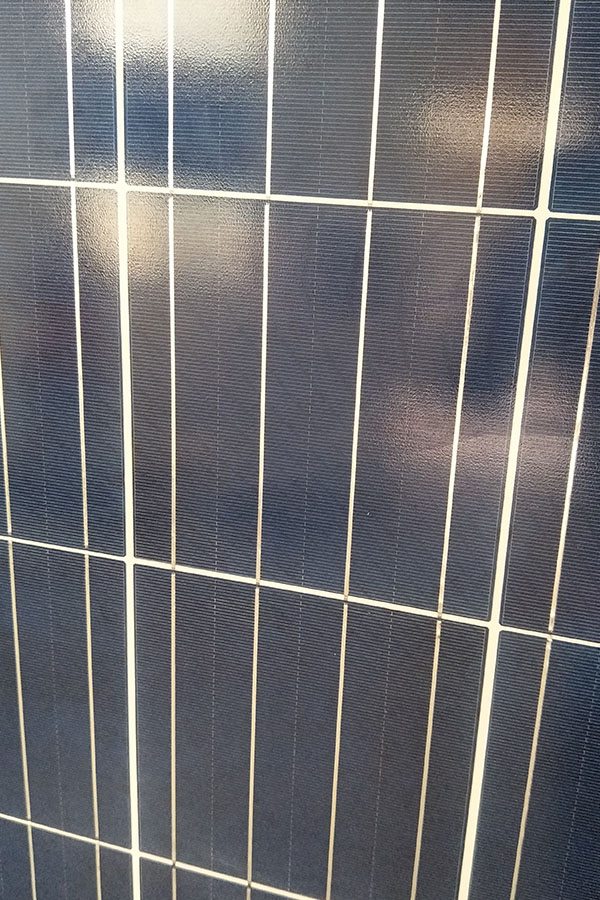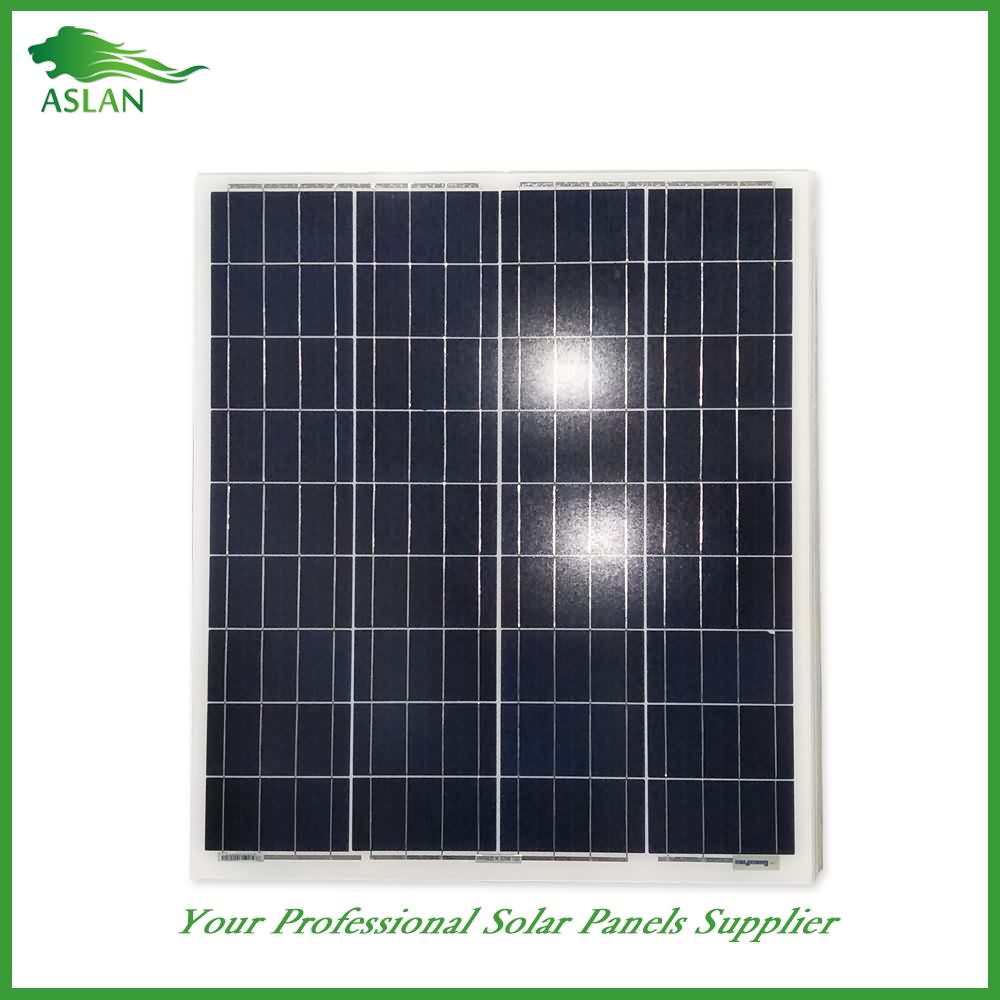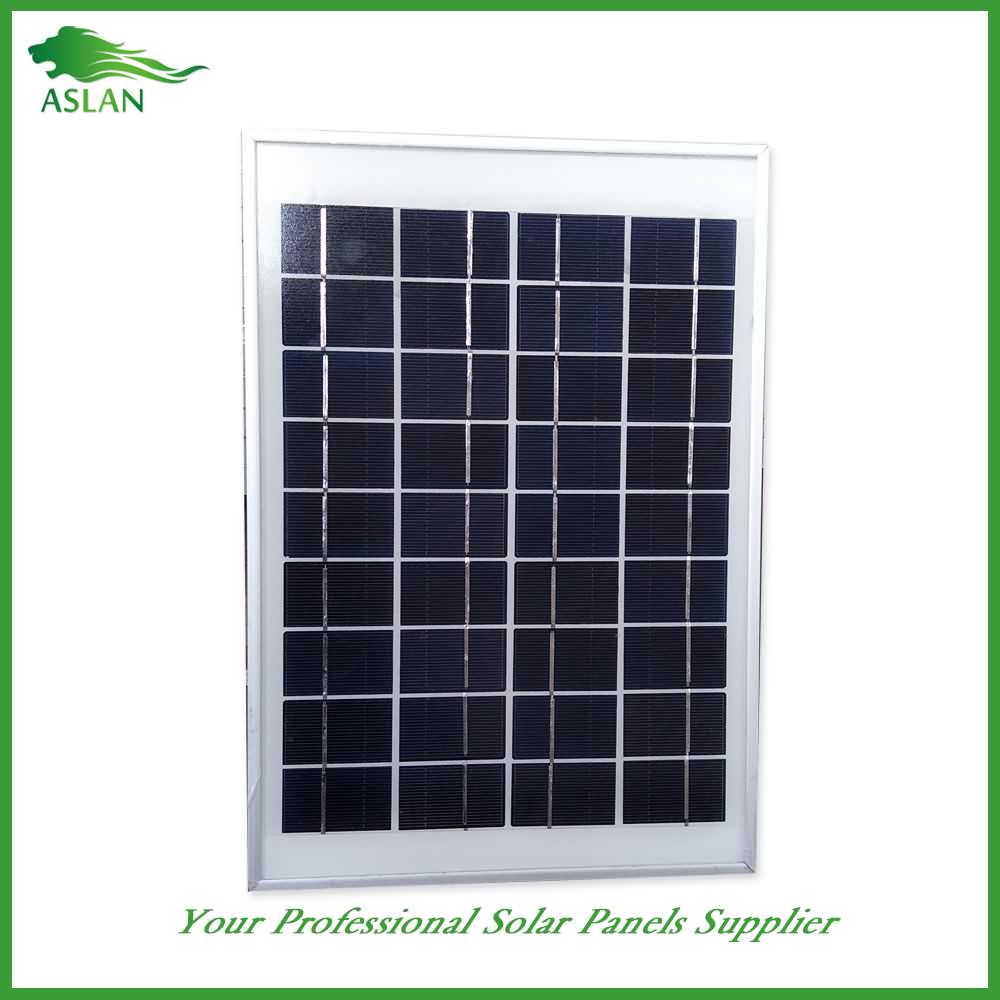60% OFF Price For Mono-Crystalline 300W Solar Panel Supply to New York
Short Description:
With our excellent management, strong technical capability and strict quality control system, we continue to provide our clients with reliable quality, reasonable prices and excellent services. We aim at becoming one of your most reliable partners and earning your satisfaction for 60% OFF Price For Mono-Crystalline 300W Solar Panel Supply to New York, We welcome customers, business associations and friends from all parts of the world to contact us and seek cooperation for mutual benefits.
Mono-Crystalline 300W Solar Panel
Technical parameter
Maximum Power(W) 300W
Optimum Power Voltage(Vmp) 37.45V
Optimum Operating Current(Imp) 8.15A
Open Circuit Voltage(Voc) 45.60V
Short Circuit Current(Isc) 8.91A
Mechanical Characteristics
Cell Type Monocrystalline 156x156mm (6 inch)
No of Cell 72 (6x12pcs)
Dimensions 1950x990x50mm
Weight 22.1Kg
Front Glass 3.2mm,High Transmission, Low Iron,Tempered Glass
Junction box IP65 Rated
Output Cable TUV 1×4.0mm2/UL12AWG,Length:900mm
Temperature and Coefficients
Operating Temperature(°C): -40°C ~ + 85°C
Maximum System Voltage: 600V(UL)/1000V(IEC) DC
Maximum Rated Current Series: 15A
Temperature Coefficients of Pmax: -0.47%
Temperature Coefficients of Voc: -0.389%
Temperature Coefficients of Isc: 0.057%
Nominal Operationg Cell Temperature (NOCT): 47+/-2°C
Materials of solar panel
1).Solar Cell——Mono-crystalline solar cell 156*156mm
2).Front Glass——-3.2mm, high transmission, low iron, tempered glass
3).EVA——-excellent anti-aging EVA
4).TPT——-TPT hot seal made of flame resistance
5).Frame——anodized aluminum profile
6).Junction Box——-IP65 rated, high quality, with diode protection
Superiority: high quality anodized aluminum frame, high efficiency long life, easy installation, strong wind resistance, strong hail resistance.
Features
1. High cell efficiency with quality silicon materials for long term output stability
2. Strictly quality control ensure the stability and reliability, totally 23 QC procedures
3. High transmittance low iron tempered glass with enhanced stiffness and impact resistance
4. Both Polycrystalline and Mono-crystalline
5. Excellent performance in harsh weather
6. Outstanding electrical performance under high temperature and low irradiance
Quality assurance testing
Thermal cycling test
Thermal shock test
Thermal/Freezing and high humidity cycling test
Electrical isolation test
Hail impact test
Mechanical, wind and twist loading test
Salt mist test
Light and water-exposure test
Moist carbon dioxide/sulphur dioxide
It was raining today and I was trying to improve solar charge performance. Read more: http://www.thediyworld.com/blog/?p=1248
I rewired the battery bank and the cables between the solar panels, batteries and the camper load to try and improve overall performance and reduce losses in the wires.
I still have some work to do in order to get the best solar charge performance out of my system, but I am on the way.
The Off Grid Project shows you how to get your own home off the grid on a budget. http://www.theoffgridproject.com
Presented by The Do It Yourself World
Please donate to help keep The Off Grid Project alive:
https://www.paypal.com/cgi-bin/webscr?cmd=_s-xclick&hosted_button_id=3TQSWXLLRZ6HW
Electricity is a basic human need but in most parts of rural East Africa there is simply no option to connect to power.
This is what we are doing to connect families from poor rural homes to stand alone solar power systems. This is not temporary or band aid this is a sustainable long term solution.
Homes are wired and fitted with LED lights on pull switches, mobile phone charger, solar battery installed and solar panel attached to the roof.
These systems provide power for at least 3 days even when the sun does not shine meaning the family home is never in the dark. The systems are built to last for between 8-12 years (if not longer), communities are educated on how to maintain the system and if they want to extend it they can.
Systems are either funded by donors or visiting groups come and install. These systems are not free, each household contributes USD$50 toward the system.
This is development, this is sustainable, this is Napenda Solar Community.
